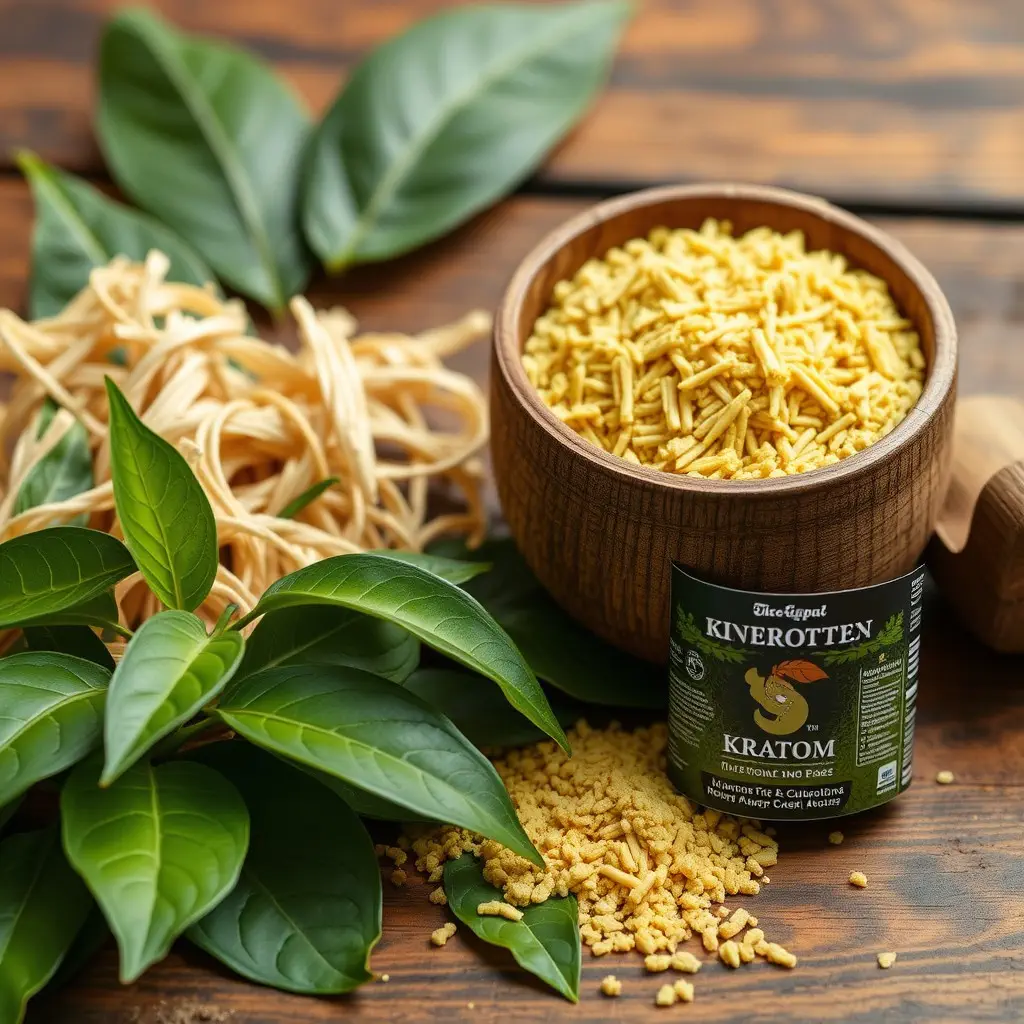The U.S. Army is exploring kratom, a natural herb, as an alternative treatment for chronic pain among service members, recognizing its potential analgesic benefits without opioid addiction risks. They conduct urine tests for kratom and its metabolites to ensure soldiers' safety and performance during duty, though chronic use may violate military regulations. Soldiers are encouraged to seek healthcare providers for approved pain management alternatives.
Chronic pain is a widespread struggle, affecting millions globally. Its relentless nature can significantly impact daily life, leading many to seek alternative management strategies. This article delves into the world of kratom as a potential solution. We’ll explore how this natural herb may aid in chronic pain relief and dissect the current military policies regarding its use, specifically addressing: “Does the Army test for Kratom?” Uncovering these aspects provides valuable insights into a growing trend in pain management.
- Understanding Chronic Pain and Its Impact
- Exploring Kratom as a Potential Management Option
- Does the Army Test for Kratom? Uncovering the Facts
Understanding Chronic Pain and Its Impact
Chronic pain is a complex and persistent condition that significantly impacts an individual’s quality of life. It is defined as pain that continues beyond the typical recovery period for an injury or illness, often lasting for months or even years. This ongoing pain can be debilitating, affecting mobility, sleep patterns, mood, and overall mental health. Those affected may experience difficulty performing daily tasks, engaging in hobbies, or maintaining social connections, leading to feelings of isolation and depression.
The Army, like many organizations, has recognized the challenges posed by chronic pain. In recent years, there has been interest in alternative treatments, including kratom, a natural herb with analgesic properties. Research suggests that certain compounds in kratom interact with opioid receptors in the brain, potentially offering relief for those suffering from chronic pain. However, it’s essential to note that the Army’s stance on kratom usage is evolving, and they do conduct testing for its presence, especially in military personnel who exhibit signs of substance abuse or perform tasks requiring heightened alertness and physical ability.
Exploring Kratom as a Potential Management Option
Kratom, derived from the tropical plant Mitragyna speciosa, has been gaining attention as a potential natural solution for chronic pain management. This alternative approach is particularly intriguing given that traditional methods sometimes fall short in providing adequate relief. Research suggests that kratom’s active compounds interact with opioid receptors in the brain and body, offering analgesic effects without the addictive properties commonly associated with prescription opioids.
The U.S. Army has acknowledged the potential of kratom as a pain management tool, conducting studies to evaluate its effectiveness and safety. Does the army test for kratom? Indeed, they have explored its use as a non-pharmacological intervention for service members experiencing chronic pain. The preliminary findings indicate that kratom may provide a promising alternative or adjunctive therapy, offering a natural way to manage pain without the risks of addiction or withdrawal associated with some pharmaceutical options.
Does the Army Test for Kratom? Uncovering the Facts
The U.S. Army, like many other branches of the military, has strict policies regarding substance use and testing. When it comes to kratom, a natural herb known for its pain-relieving properties, the Army’s stance is clear. They do test for kratom and its metabolites in service members’ urine samples as part of their drug screening programs. This testing is primarily aimed at ensuring soldiers are not under the influence of substances that could impair their performance or pose health risks during duty.
The presence of kratom in a service member’s system does not automatically lead to disciplinary action. However, it’s crucial for individuals serving in the Army to understand that using kratom as a chronic pain management tool may conflict with military regulations. It’s recommended to consult with healthcare providers who can offer alternative treatments and guide soldiers on managing pain safely and in compliance with military guidelines.
Chronic pain is a complex condition that significantly impacts an individual’s quality of life, but exploring natural remedies like kratom offers a promising path forward. While concerns about its military usage and potential testing have been raised, understanding both the benefits and risks is essential. As research continues, individuals suffering from chronic pain can find hope in investigating kratom as a management option, always prioritizing safety and professional guidance. The conversation around does the army test for kratom contributes to broader discussions on alternative treatments and their integration into healthcare systems.






